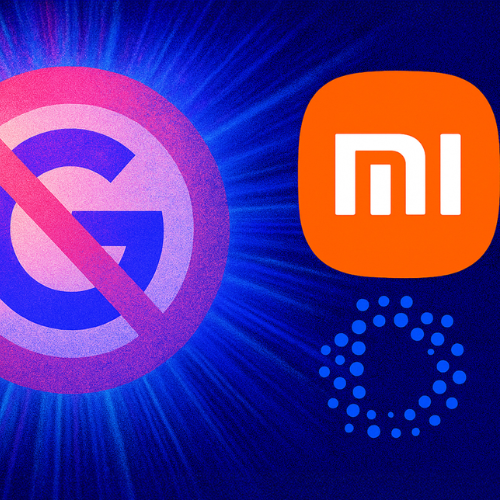A fresh rumor is making waves in the tech world, and it could mean big changes for Xiaomi and other Chinese phone brands. According to reports, Xiaomi is secretly working with two big names — Huawei and the BBK Group (the company behind OPPO, Vivo, and OnePlus)—to create a new version of its smartphone software called HyperOS 3. What makes this plan special? It’s said that this new system would work without Google’s apps and services. That means no Gmail, no Google Maps, and no YouTube right out of the box.
Why is Xiaomi thinking about this now? The answer lies in rising tensions between China and the United States. In the past, Huawei was hit hard by trade bans, which forced it to drop Google’s services from its phones. Now, it seems Xiaomi fears it might face the same punishment. Even though Xiaomi is still allowed to use Google’s Android system and apps today, nobody knows what could happen tomorrow. So, it looks like they are getting ready — just in case.
Learning From Huawei’s Painful Experience
Huawei knows what it’s like to face strict U.S. sanctions. It had to come up with its own operating system, called HarmonyOS, after losing access to Google services. And now, Xiaomi might be learning from Huawei’s tough journey. The rumor says Xiaomi is teaming up not only with Huawei but also with the BBK Group, a powerful company that owns some of the biggest phone brands in China. Together, they are believed to be building HyperOS 3 to make sure they are not fully dependent on Google.
At this moment, Xiaomi still has a license to use Android and Google apps. However, there are signs that the U.S. government is keeping a close eye on the company, especially after the company developed its own powerful chip using advanced 3nm technology. This achievement may have raised concerns in Washington, leading Xiaomi to prepare for possible restrictions. HyperOS 3 could be Xiaomi’s secret weapon to keep selling phones, even if a ban cuts off access to Google’s ecosystem.
Google’s Grip on Online Ads Deemed Illegal in Stunning Court Decision
The Big Challenge: Winning Outside China
If Xiaomi really goes ahead with launching a Google-free HyperOS 3, it will face a huge challenge. While Chinese users are used to life without Google services — because apps like WeChat, Baidu, and others dominate there — users in other countries are not. Most people around the world rely on the Google Play Store to download apps, watch videos on YouTube, and navigate using Google Maps. Without these, phones can feel incomplete to many users.
Right now, Xiaomi’s success outside of China depends heavily on offering the full Android experience. If the company suddenly drops Google apps, it risks losing millions of customers in regions like Europe, India, and Southeast Asia. To avoid this, Xiaomi would need to build a massive app store packed with alternatives to Google apps. That’s no easy task. Huawei tried it and is still struggling to attract developers and users outside China.
For now, it looks like Xiaomi is keeping HyperOS 3 as a backup plan. It won’t risk cutting ties with Google until it has no other choice. But the collaboration with Huawei and BBK suggests that Chinese tech giants are preparing for a future where they may have to go solo — without Google, and maybe even without Android as we know it.



